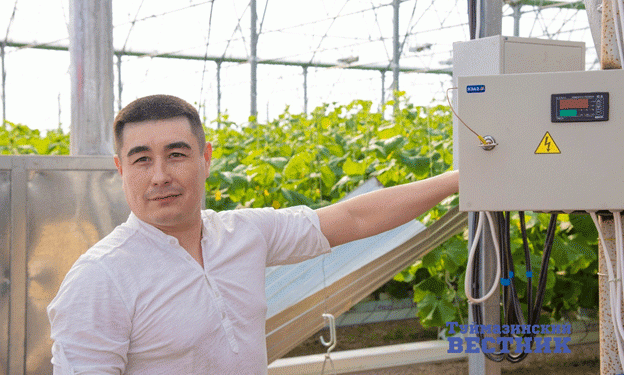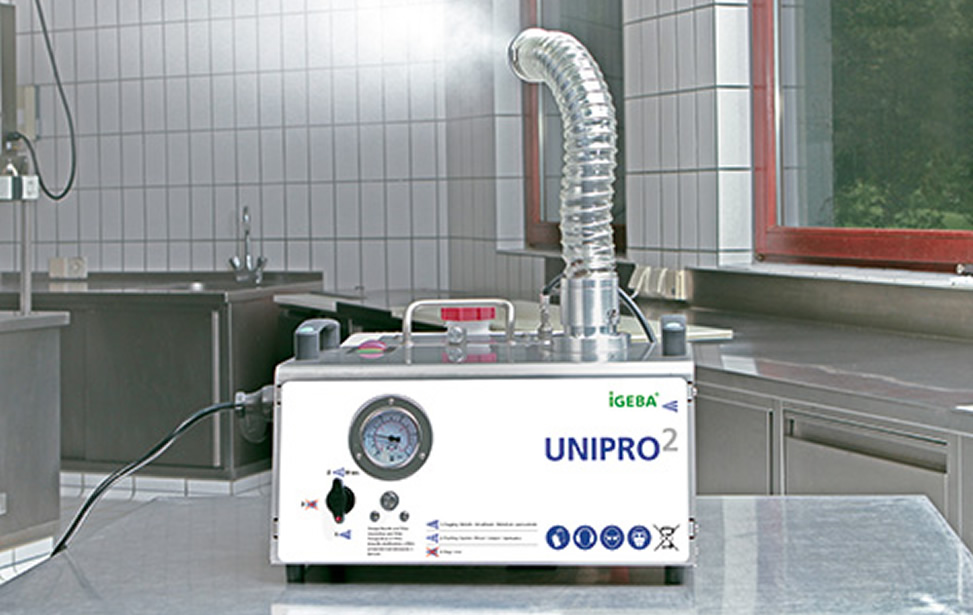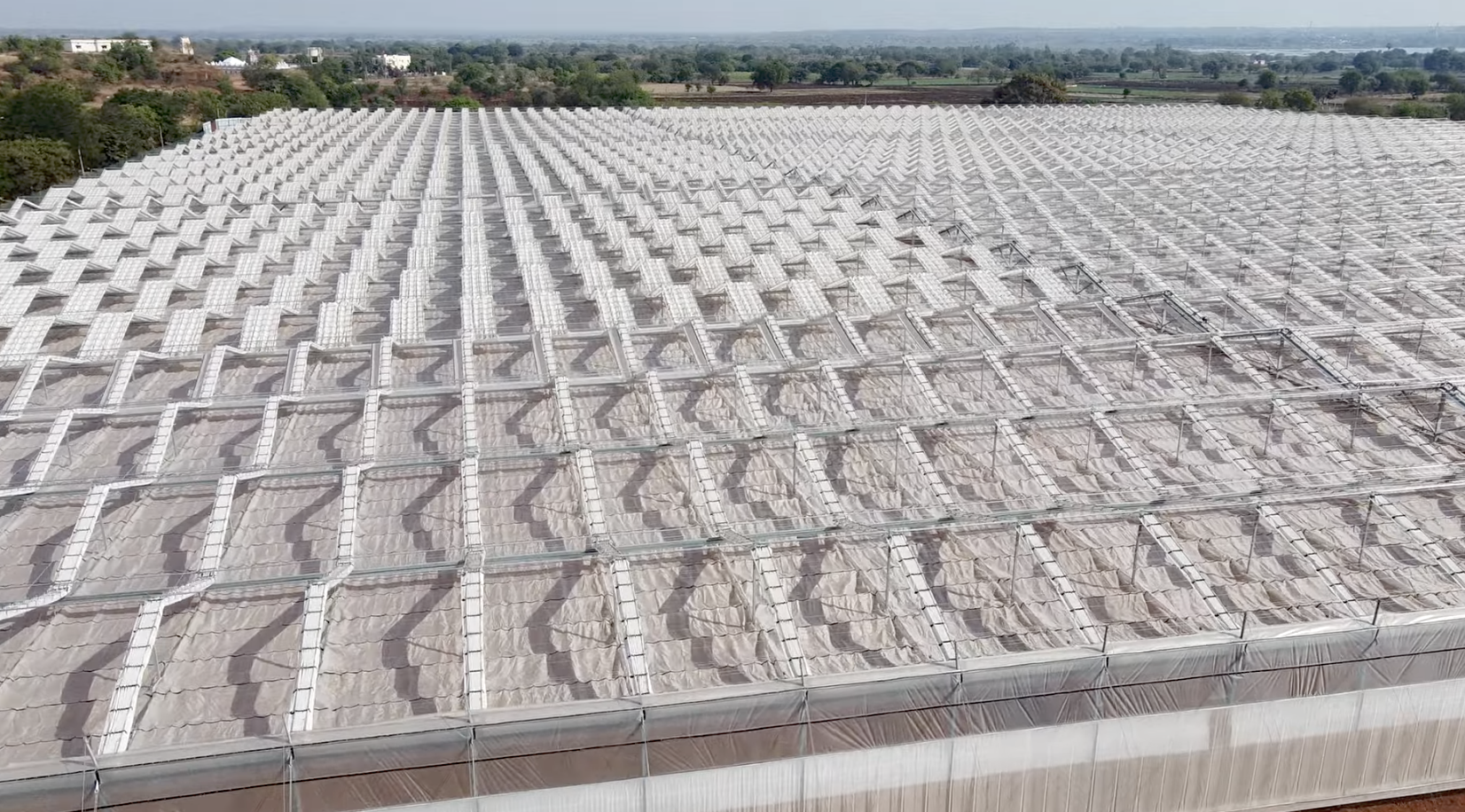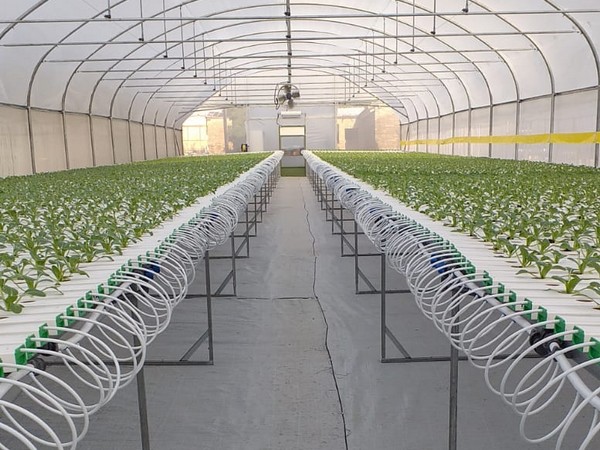In the heart of the Tuymazinsky District, the “Bäkhetle” farming enterprise, led by Robert Garafutdinov, is revolutionizing vegetable production through the use of low-volume hydroponics. With nearly two decades of experience in greenhouse vegetable cultivation, Garafutdinov has continuously expanded and modernized his farm, transforming it into a model of efficiency and innovation in the region.
Hydroponics, the method of growing plants without soil by using mineral nutrient solutions in a water solvent, offers numerous advantages over traditional soil-based farming. For Garafutdinov, who manages seven hectares of greenhouse space, this technique has been instrumental in maximizing productivity. Over the last three years, he has upgraded five hectares of his greenhouses and added two more hectares of new, state-of-the-art facilities. These greenhouses, with frame structures up to seven meters high, are equipped with automated systems for irrigation, ventilation, and lighting, all powered by gas generators.
The Science Behind Hydroponics
At “Bäkhetle,” the hydroponic system begins with planting vegetable seedlings in an organic substrate. This substrate is designed to hold moisture and air, providing an ideal environment for the roots to absorb the necessary nutrients delivered via water. Unlike traditional methods, where plants rely on the nutrients found in soil, hydroponic plants receive a balanced mix of minerals directly, resulting in faster growth and higher yields.
Garafutdinov’s chief agronomist, Artur Sabitov, plays a critical role in maintaining the system’s delicate balance. He monitors the nutrient solution multiple times a day, analyzing extracts from the substrate to ensure the plants are absorbing nutrients efficiently. Adjustments to the nutrient mix are made as needed, depending on factors such as the plant’s growth stage and daily changes in the pH level, which can fluctuate based on time of day and environmental conditions. For instance, the pH balance is different in the morning when the plants are waking up compared to midday when they are exposed to more light and warmth. This constant monitoring and adjustment help prevent plant stress and maintain the quality and flavor of the vegetables.
Challenges and Opportunities
While hydroponics offers many benefits, it also requires meticulous management. The speed at which plants grow in a hydroponic system means that any errors in nutrient delivery or environmental conditions can quickly lead to problems. However, the benefits of this approach, including the ability to grow crops year-round and eliminate the need for chemical pesticides, outweigh the challenges.
The success of Garafutdinov’s farm has not gone unnoticed. The farm is currently expanding, with the construction of a new vegetable storage facility that includes refrigeration and processing units. This project, funded by a 260 million ruble loan, is part of Garafutdinov’s larger vision to further expand his greenhouse operations by an additional 10 hectares, contingent on receiving state co-financing.
Regional Support for Agricultural Innovation
The Tuymazinsky District and the broader region have placed a strong emphasis on supporting the agricultural sector, recognizing it as a cornerstone of the local economy. Farmers like Garafutdinov benefit from a range of support measures, including subsidies for equipment and technology, grants, and tax incentives. This support is part of a regional strategy to modernize the agricultural industry, increase efficiency, and enhance competitiveness in both domestic and international markets.
The “Bäkhetle” farming enterprise under Robert Garafutdinov’s leadership exemplifies how innovative agricultural practices can lead to greater productivity and sustainability. By adopting low-volume hydroponics, Garafutdinov has not only improved the quality and yield of his crops but also set a benchmark for modern farming in the region. With continued support from the government and further investments in infrastructure, the future of agriculture in the Tuymazinsky District looks promising.










